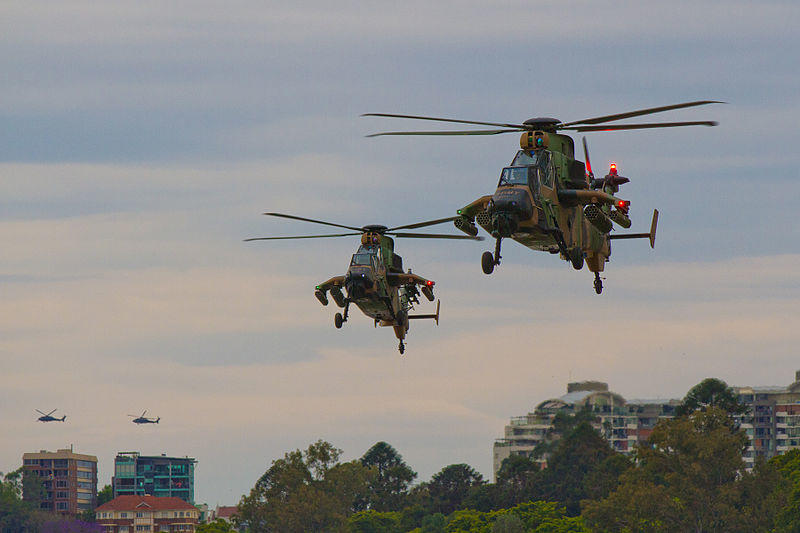Police requests for military assistance during terrorist attacks would be made more streamlined under a new bill being introduced into the Federal Parliament.
The changes would also mean that the ADF (Australian Defence Force) would be allowed to militarily respond to threats on land, sea and in the air while also expanding military powers to search, seize and lockdown movement in and around the scene of an attack.
These new measures were officially recommended in 2017 as part of a counter-terrorism audit that was prompted by the infamous Lindt café terrorist attack and other global terrorist actions.
The changes to the Defence Act make it easier for both states and territories to request military support during a terrorist attack or other widespread acts of violence, such as mass rioting.
However, police will still be the primary response to terrorist activity and the Government has stressed that most military counter-terrorism units may not be able to respond from their bases quickly enough.
Attorney-General Christian Porter has said that these changes are the most significant since the security arrangements made in preparation for the 2000 Sydney Olympic Games. He said that the “threat we face today” was more complex and more dangerous than what was experienced around the time the original counter-terrorism laws were introduced.
Mr Porter went on to say that the Government was “committed” to making sure that it was easy for police to request ADF support when it was “necessary”.
Defence Minister Marise Payne said that the law changes were a part of a bigger list of measures being implemented to enhance the ability of the ADF to respond to domestic terror incidents.
She said that the ADF had “already strengthened” the amount of “practical support” it is able to give state and territory law enforcement. She also said that the new measures would include the creation of a “counter-terrorism liaison network” and more specialist counter-terrorism training.


